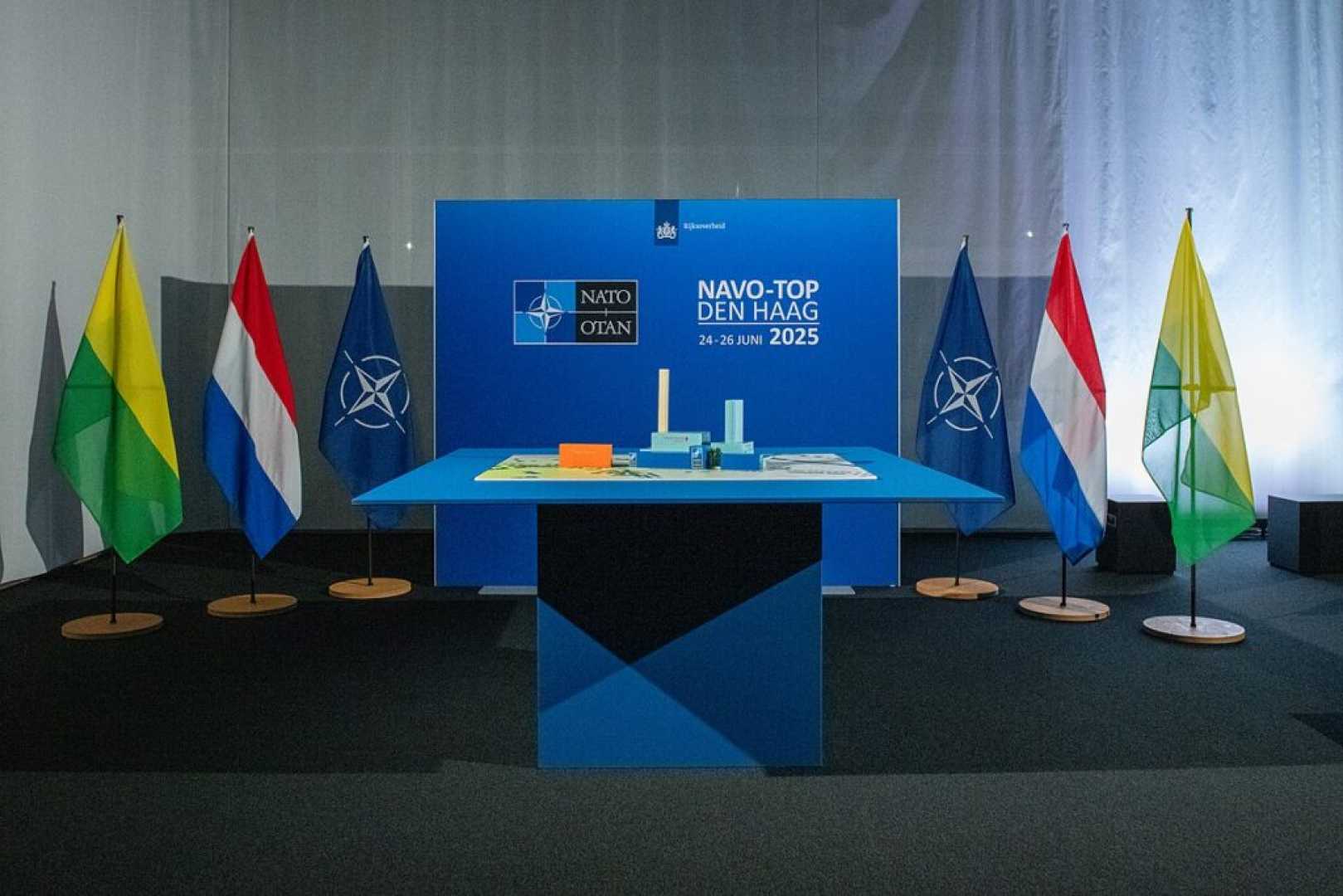Politics
NATO Faces Challenges Ahead of Upcoming Summit in The Hague

THE HAGUE, Netherlands — NATO heads of state and government will gather for a summit on June 24-25, 2025, amid critical security challenges and divisions regarding their defense strategy. This meeting comes at a time when the alliance is grappling with differing perspectives on how to respond to threats from Russia and China.
The summit will focus primarily on establishing a new target for allied defense spending. Sources indicate that the agenda has been intentionally kept short to avoid potential public disputes, especially in light of U.S. President Donald Trump’s unpredictable leadership style.
NATO leaders, since Russia’s invasion of Ukraine in February 2022, have maintained a united front against Russian aggression. However, the ongoing war has intensified the need for a more cohesive defense strategy among member nations. Therefore, the agenda will prioritize achieving consensus on the defense spending target, which may shift from the current 2% to as much as 5% of GDP.
Despite Trump’s proposals, many European leaders express concern over the feasibility of such a spending increase. Spanish Prime Minister Pedro Sánchez, in a letter to NATO Secretary-General Mark Rutte, urged for a more flexible spending formula, highlighting that Spain currently allocates only 1.3% of its GDP to defense.
“Committing to a 5% target would not only be unreasonable, but also counterproductive,” Sánchez stated, reflecting the sentiments of various member nations who fear such a rapid increase could jeopardize their economic stability.
Trump’s controversial stance on NATO has been a significant point of contention since his first term. His administration’s overt skepticism towards NATO may influence discussions at the summit, with many allies hoping to avoid a breakdown in cooperation.
U.S. Air Force Lt. Gen. Alexus G. Grynkewich recently assumed the role of NATO’s supreme allied commander in Europe, signaling continued American military involvement in the alliance. This is crucial as European nations increasingly explore independent defense capabilities amidst concerns over U.S. commitment.
As the summit approaches, attention will be on how allied leaders navigate these complex issues without provoking public discord. Success will largely depend on finding common ground on defense expenditures while maintaining solidarity against external threats posed by both Russia and China.
“The summit will be crucial for reinforcing NATO’s commitment to collective security,” Rutte remarked, as leaders from different nations prepare to discuss their defense strategies in the context of shifting geopolitical dynamics.












